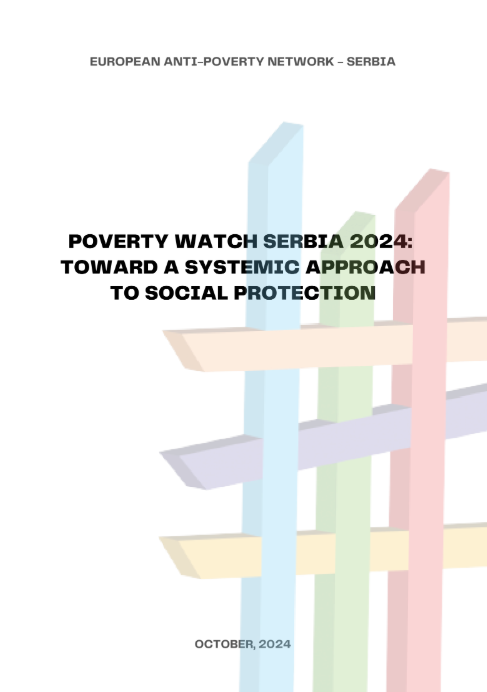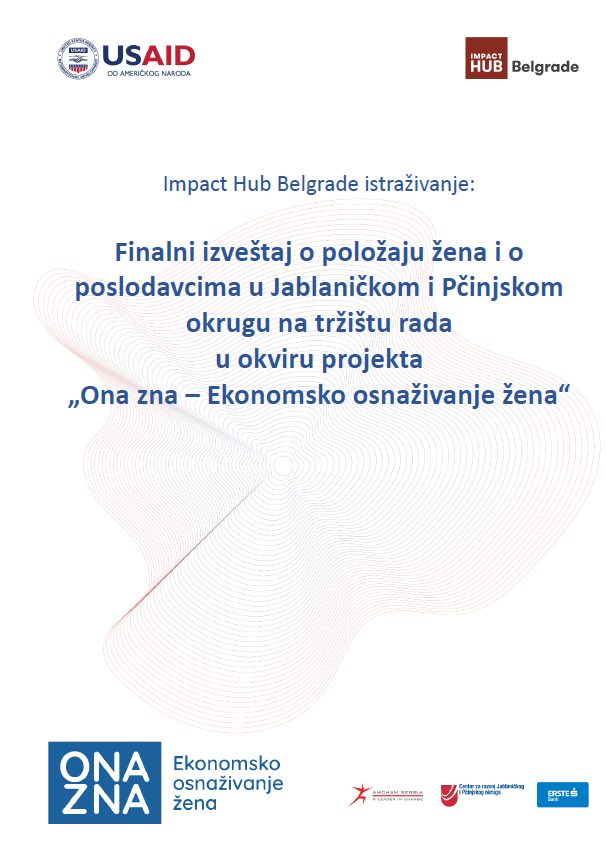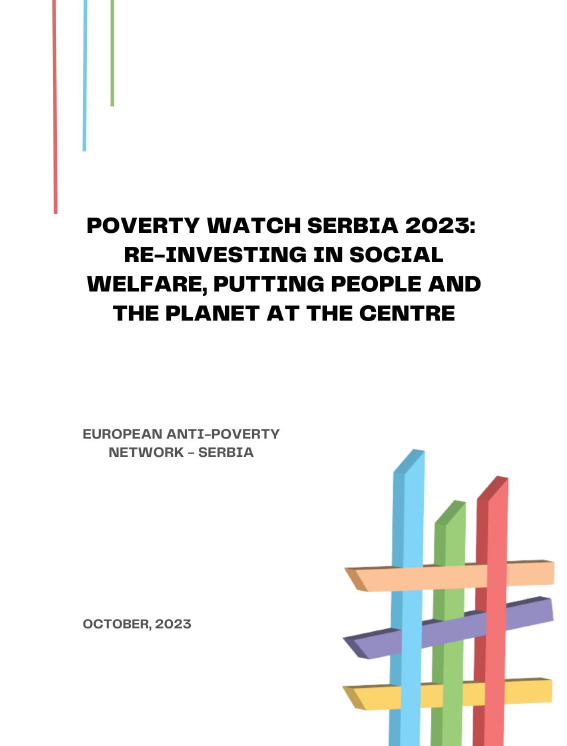In the Western Balkans and Serbia, there are many sources of risk for human security: wars in neighboring regions, mass movements of refugees, internal ethnic and political conflicts, widely predominant violence. Public institutions have special role in suppressing these sources of human security risk as well as promoting and developing human security. The role of public institutions, among other things, is to provide a safe and stable social environment, or to directly protect individuals and groups from certain uncertainties.
Are public institutions in Serbia able to effectively perform their role and to provide human security and well-being for people? Do people in Serbia have trust in institutions and their ability to efficiently perform their role? In response to these questions, this advocacy paper aims to point out the dominant model of public institutions functioning in Serbia and the level of trust that citizens have in them, as well as explain the possible reasons for such a situation.
The report is based on secondary data on trust in institutions gathered within the Citizens’ Network for Peace, Reconciliation and Human Security in the Balkans and in Turkey, as well as on the data on the functioning of institutions in Serbia gathered under the project “Informal Practices of Capturing Economic Resources by Political Elite: Exploring Party Patronage in Kosovo and Serbia”(RRPP).













